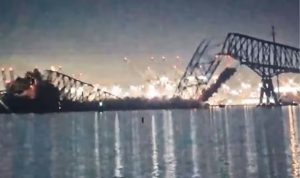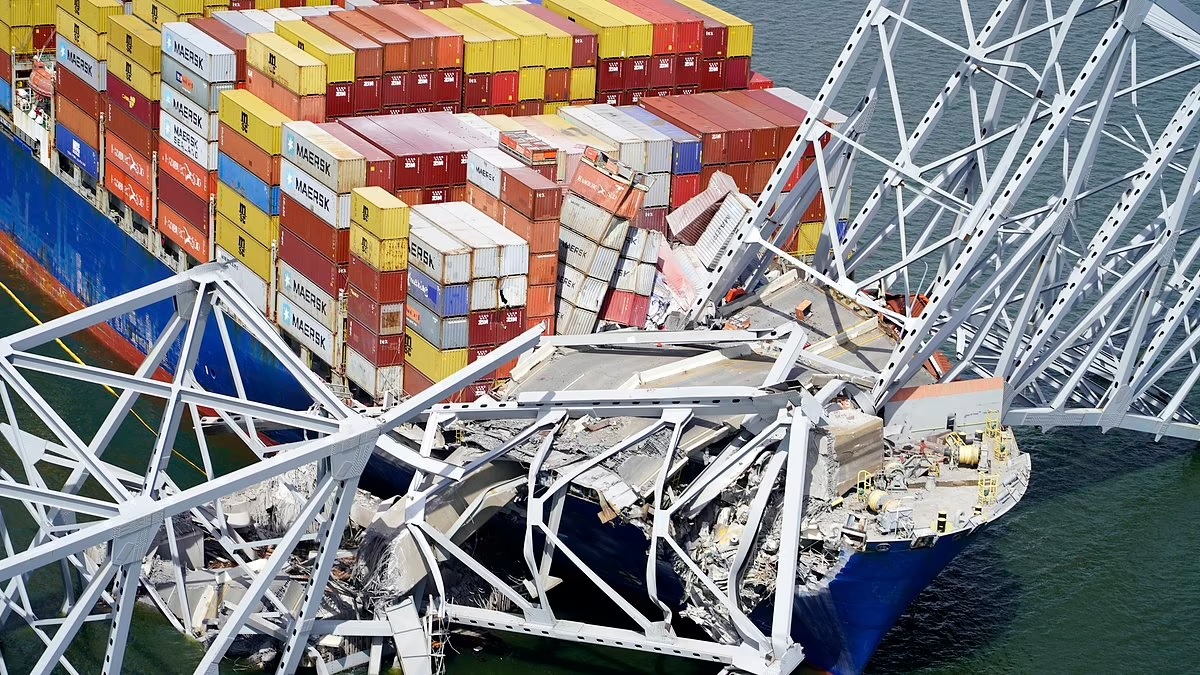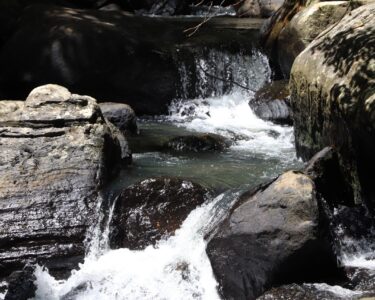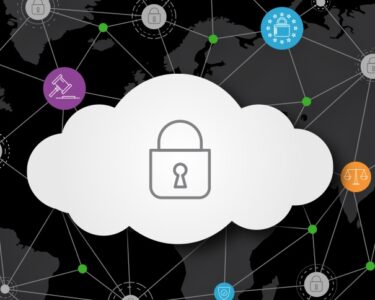The recent disaster at Baltimore Bridge, USA, where a Singapore cargo ship chartered by Maersk collided with the bridge, causing its collapse serves as a stark reminder, especially to developing countries like Sri Lanka, of the darker aspects of industrial capitalism.

The cargo vessel involved was reportedly carrying 4644 containers, including 56 containing hazardous materials, primarily corrosive and flammable substances destined for Colombo. The origin and purpose of these materials remain unclear.
Many questions pertaining to the importation of hazardous materials, its purpose, and the conditions surrounding it have gone unanswered . Is this an isolated incident, or have there been similar imports before? If Sri Lanka is engaging in contracts to import hazardous industrial waste, whether for disposal or reuse, it raises concerns about economic recovery at the expense of the environment.
Toxic Waste Imports
What’s particularly striking is the lack of resistance to toxic waste imports from the West, contrasting sharply with the opposition faced when China sent organic fertilizer to Sri Lanka in 2021.
President Ranil Wickremesinghe’s recent call for foreign investors to seize opportunities in an impending wave of growth prompts questions about past growth waves, their achievements, and beneficiaries. Is the transformation of Sri Lanka into a dumping ground for industrial waste part of a strategy to achieve an export-driven, high-tech industrial miracle by 2048?
The Summers Memo. Authored in 1991 by Lawrence Summers and Lant Pritchett, it advocated relocating hazardous and polluting industries from the First World to the Third, implying the expendability of lives in the latter. While attempts were made to downplay its significance, the underlying disregard for lives in developing countries remains troubling.
ill-conceived Infrastructure Development
Sri Lanka’s economic crisis encompasses several crises, including an environmental catastrophe exacerbated by centuries of neglect and ill-conceived infrastructure development. The import of industrial waste exacerbates this crisis, undermining nature’s ability to maintain balance.
The global environmental crisis gained attention in the late 20th century, yet international financial institutions continue to prioritize economic growth over environmental protection. Technology, often touted as a solution, is itself part of the problem.
Green accounting, which considers environmental costs in economic development, reflects a growing movement demanding a more holistic approach to growth. Importing hazardous materials raises questions about the commitment to such change.
Economic recovery and sustainable growth are unattainable without addressing environmental crises and systemic flaws. Sri Lanka’s debt crisis, like the global debt crisis, reflects a financial system indifferent to environmental concerns. IMF’s recovery agenda, touted by RW, perpetuates class bias and fails to benefit the poor.







